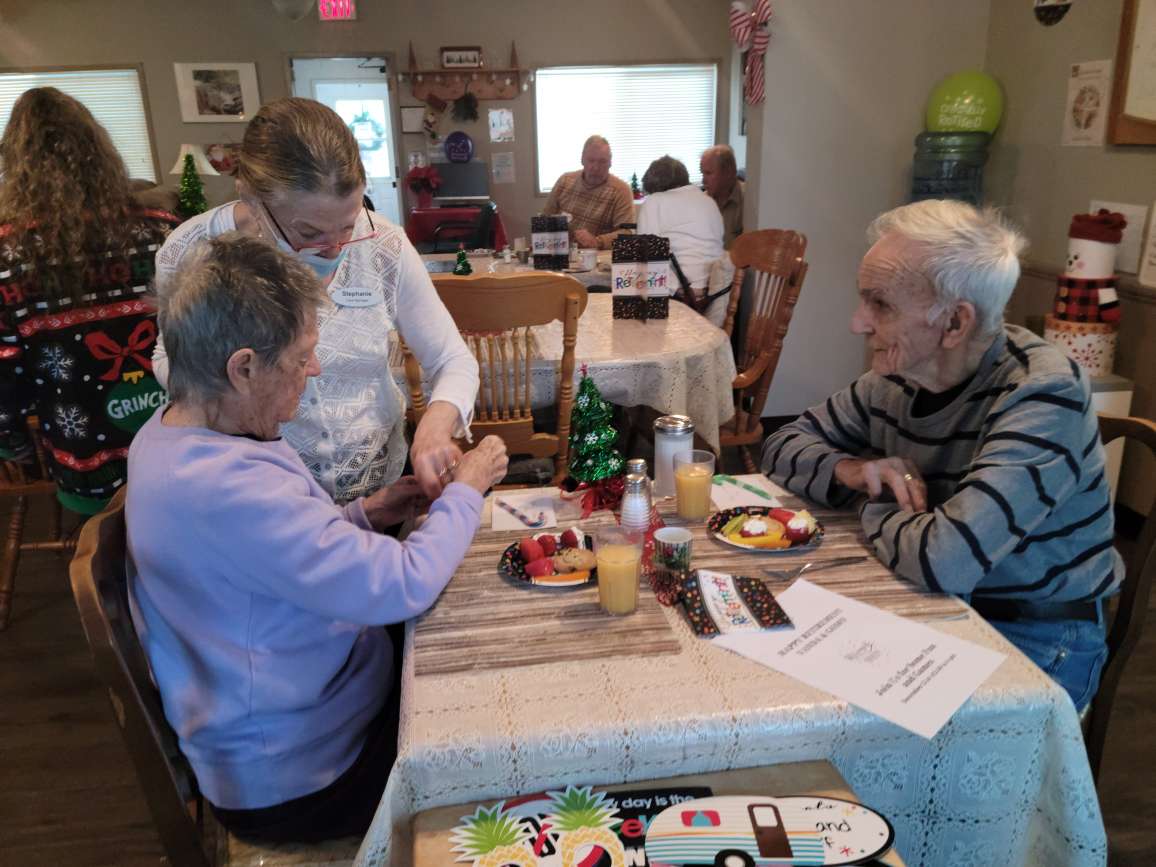
4 years ago · admin · 0 comments
Retire to the Simpler Life in a Small Town
So your considering retiring to a rural retirement community.
You have considered leaving the city to enjoy retirement in a small town. As you enjoyed past cottage vacations in the hours away from the city, you always felt that life would be better there. You relish in the slower pace and laid-back lifestyle. As you travel through those small towns that you would miss if you blinked you are taken back by the overwhelming friendliness of the locals. As you move further and further from the city you feel the stress leave your body and when you arrive at your destination find that you sleep sounder and easier. You’ve reached retirement age and love the idea of getting out of the city and settling into a community where you know your doctor as a friend and tradespeople as neighbors, where you are greeted with a smile and warm “Hello” when you pass strangers on the street.
The allure of the small town is compounded by a growing disenchantment with Canada’s large major cities. Many cities are now riddled with high crime, rampant drug use, racial tension, increasing costs of living and deteriorating infrastructures.
How do you choose a location
You’ve decided you want to retire in a rural town but aren’t sure where. The first thing your going to want to do is assess your personal needs and then focus on a particular geographical area. Once you identify these two things you can start evaluating a few towns and narrowing it down to a few choices. Then finally you need to conduct in-depth, on-site research, carefully studying the communities before making your decision. Maybe you will get lucky that you are already familiar with your preferred town because you used to cottage with the family there, or grew up/lived there at some point in your life.
Many retirees are searching for something extra — a place where they can make connections and a difference. To them, a small town seems like the idyllic retirement setting after years of hustling and bustling in the cities and suburbs. You need to have an attitude that you are going to invest time and effort in the community.”
In rural communities, people may notice a new awning on your house or whether you left 15 minutes early that day, or whether your cat was wandering down the street. “If you ever wanted to be useful or needed, a small town is the place for you,” says Levering co-author of Moving to a Small Town: A Guidebook to Moving From Urban to Rural America. “There is often a bit of social pressure to become involved, and if you are not, you tend to feel what people are thinking about you.”
There are important questions you need to ask yourself before you pull up you roots and relocate to a brand new location. Are there civic clubs and cultural amenities? Is there a church you can join? Are the medical facilities good? “You want to figure out what you are going to do in that small town, and what is going to make life interesting for you.
Consider naturally occurring retirement communities
One such rural town is South Bruce Peninsula which is considered a naturally occurring retirement community (NORC). Enjoy small town community living among beautiful landscapes and breath-taking waterfront views in Bruce County.
Residents of South Bruce Peninsula 65 years old and over comprise 30.5% of the total population, while the average for Ontario is 16.7%. Retiring in one of these rural towns means you can be active, get involved in the local community and are close enough to urban areas when you need them.
Considering making that move to a Retirement Community? Download our FREE copy of the Ultimate Guide to Retirement Living.



Leave a Reply